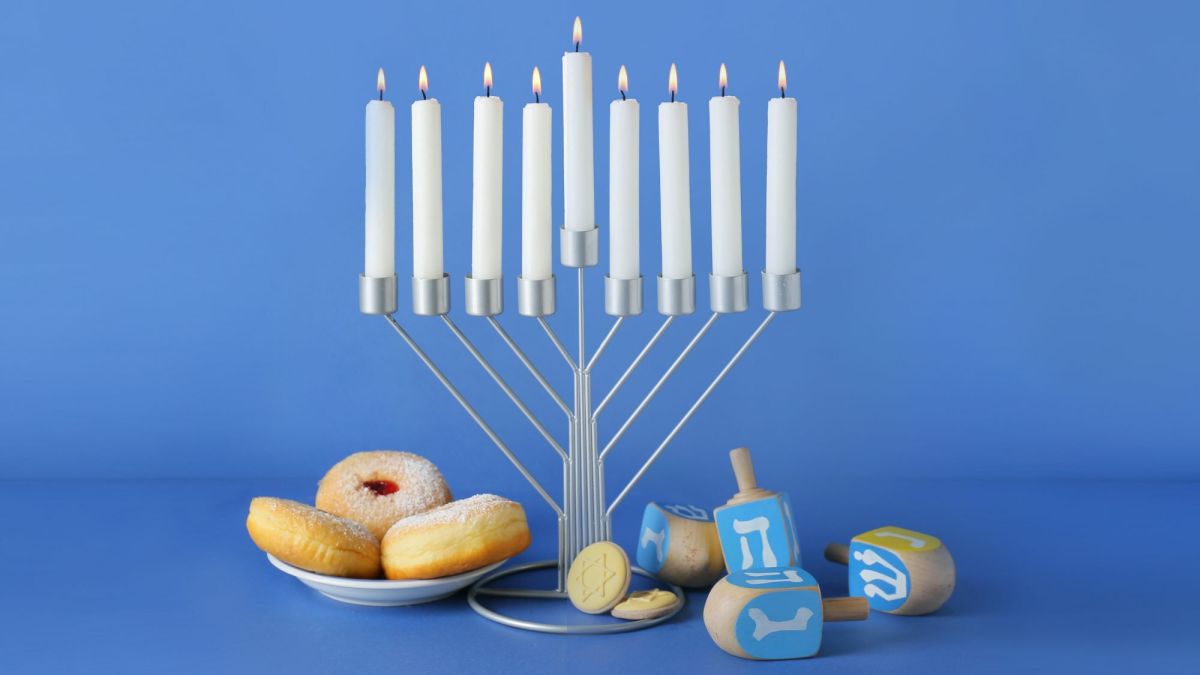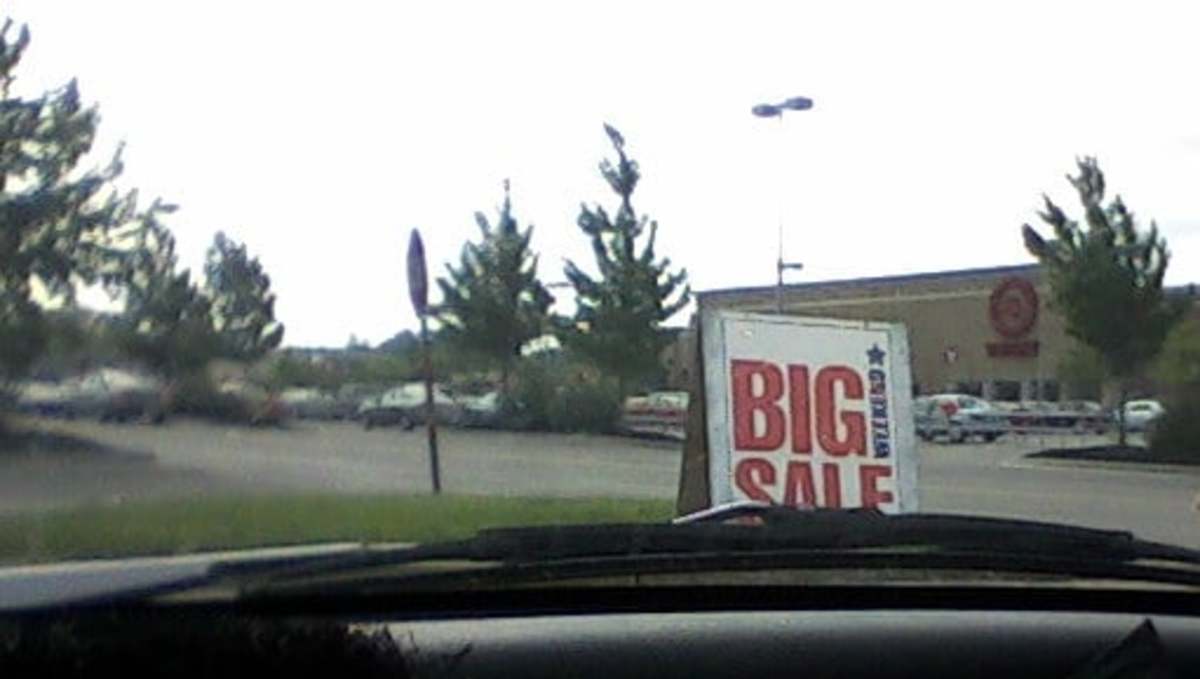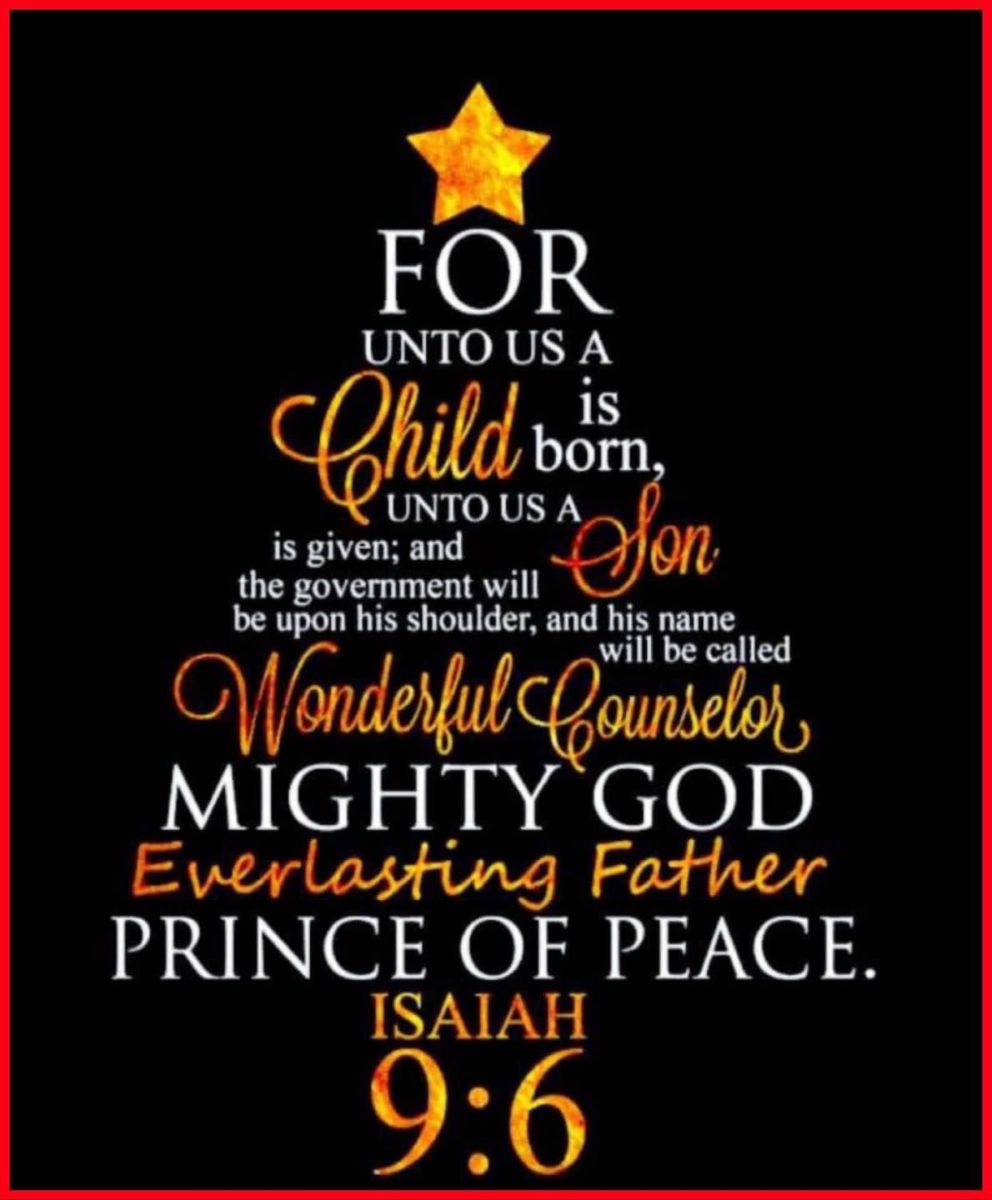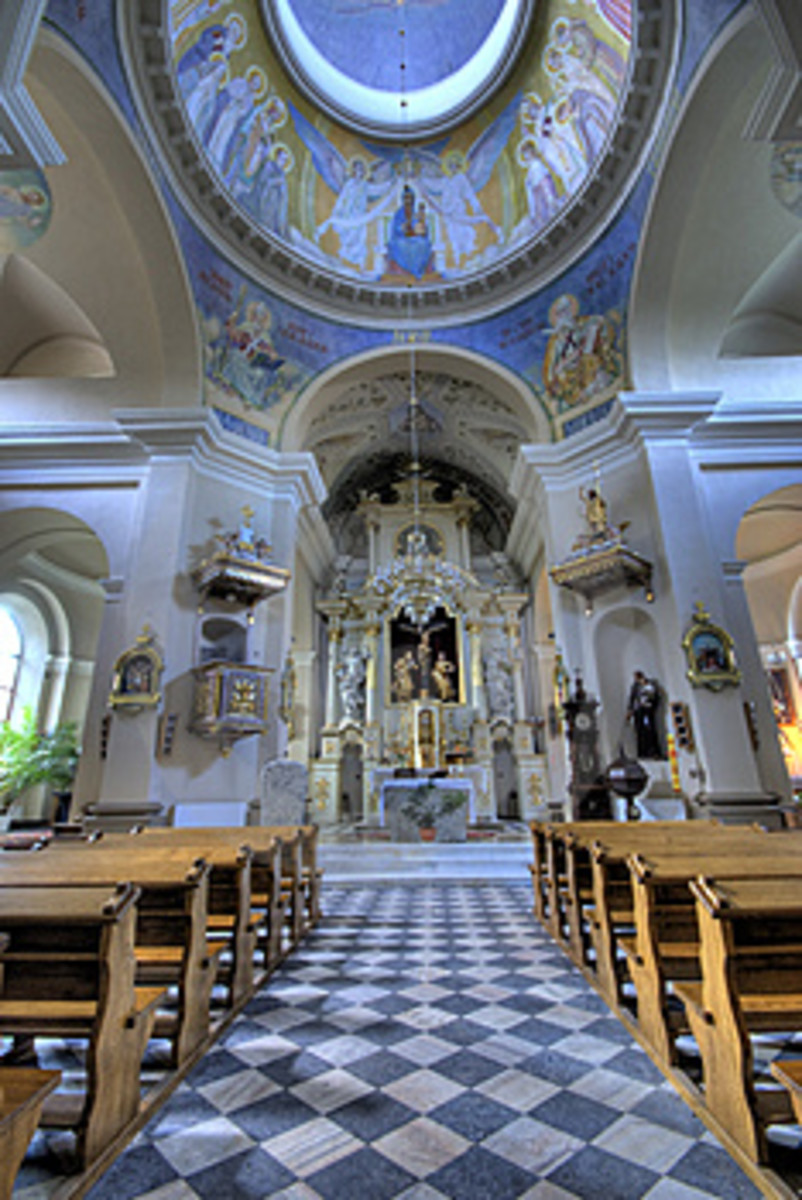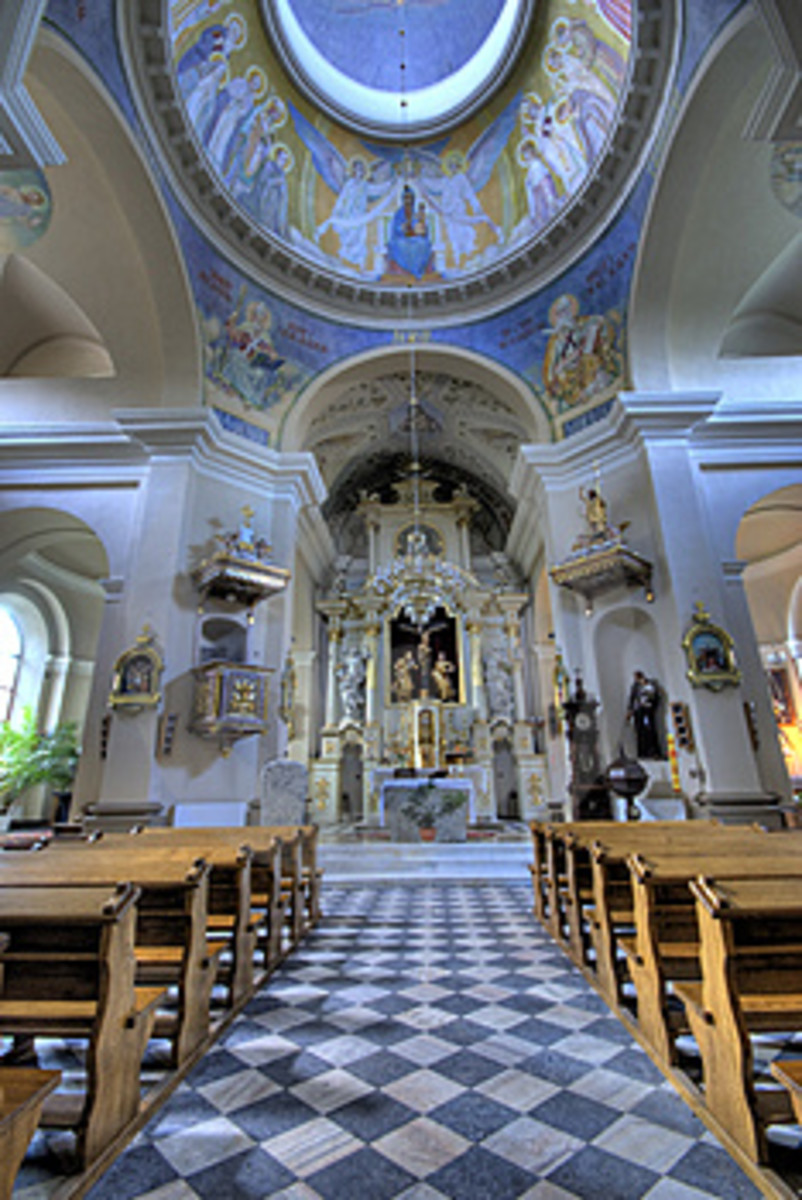How to Have a Puritan Christmas
Don't Celebrate
December 25 is a day that many people in America and around the world celebrate the birth of Jesus. It is very unlikely from internal biblical evidence that Jesus actually came on December 25, but early Christians chose the date regardless. It actually fell close to pagan celebrations in the Roman era.
English Puritans actually banned the holiday. During the Interregnum between the execution of King Charles I and the Restoration of Charles II, the Puritans banned the holiday as having too close a relation to popish superstition. Instead of gift giving and merry making, the Puritans replaced Christmas feasts with a Christmas fast. Immoral and wasteful behavior related to holidays went against the Puritan work ethic, and anything associated with Catholicism was extremely suspect. It's a bit ironic that those who claim to be descendents of the Puritan ideology are now complaining about a war on Christmas when one of the earliest wars on Christmas was carried out by the Puritans.
If you're wanting to celebrate Christmas like the Puritans in early America celebrated Christmas, you should just go to work in most years. However, since this year's festivities fall on Sunday, the day that Puritans held as the Sabbath, you should go to church and refrain from doing any work or anything else that may take your mind off of religious duty on Christmas. The Puritans tied the idea of Christmas to paganism, and it's pretty easy to see that the greenery, Christmas trees, elves, and, yes, even Santa Claus have no part in the biblical Christmas story.
The Puritans in early America did not celebrate Christmas. Their descendent often did not celebrate Christmas. For a time in early New England, Christmas was basically banned and those who chose to live it up a bit found themselves owing a fine to the authorities for their misappropriation of time with such pagan folly. School in Boston actually continued in session on Christmas (unless a weekend) until the 1870s--which was after President Ulysses S. Grant made the holiday a national holiday. Those who skipped out on school for revelry during Christmas had some explaining to do after their return to school.
After the 1870s, the crackdown on Christmas slacked, and the holiday came to be more of a commercial phenomenon as is common now. Some scholars such as Laurence Moore argue that Christmas would not be an official holiday in America today without the commercial trappings of the day because of the separation of church and state. Looking at how unimportant the day seemed in early America, it is an interesting concept.

